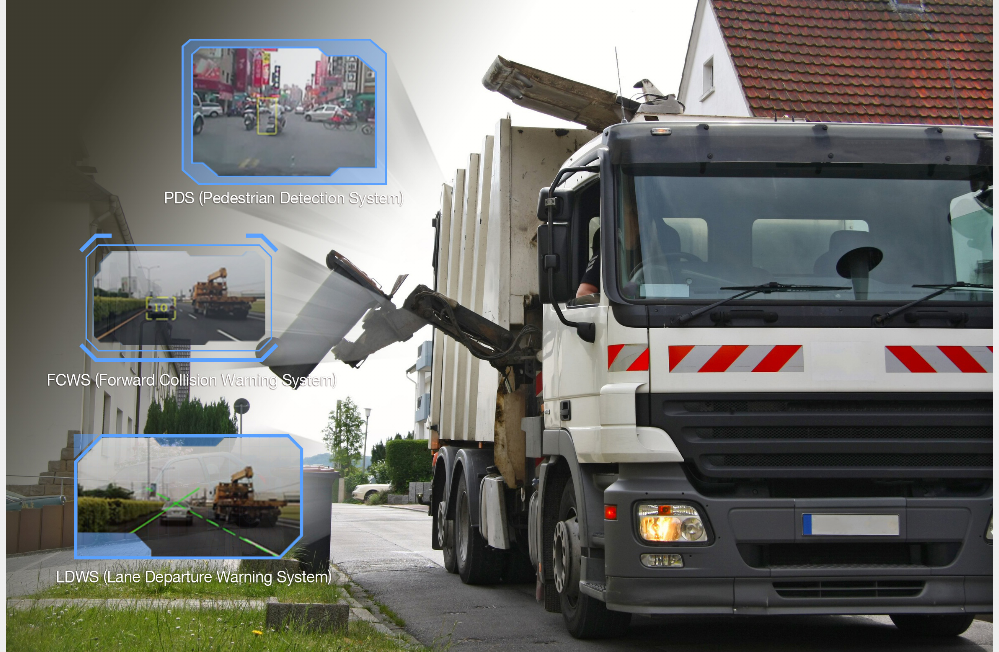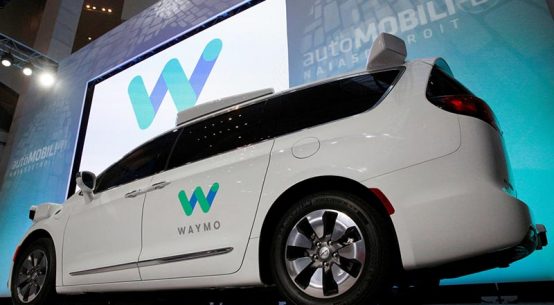
Every five days a logistics startup is born. Or at least so it seems given the numbers.
In a recent study, we identified more than 400 of these disruptors worldwide that have sprung up particularly over the last couple of years working on every aspect of logistics – from freight forwarding, brokerage, and long-distance transportation, to warehousing, contract logistics, and last-mile delivery.
Along its entire value chain, the logistics industry is facing disruption. It’s gradually being digitalized by agile, innovative startups capitalizing on the industry’s high number of transactions and large amounts of data, and large logistics incumbents will no longer be able to fight back using their size and global breadth alone.
But is this a threat or an opportunity for the industry? While admittedly the business models of these upstarts are poised to eat into the revenue of established giants, the technology-driven solutions they are developing also represent a springboard to fuel next-generation growth and innovation strategies in an industry long in need of a 21st century upgrade.
The Race to Invest
Five major startup clusters dominate the landscape: online platforms, asset management solutions, robotics/autonomous vehicles, shipping execution & tracking, and data and analytics solutions. While funding is still not at the level of leading business-to-consumer and sharing-economy disruptors, these new logistics enterprises are attracting serious investor interest – more than $11 billion in investments over the past decade. While the total number is significantly below funding for B2C startups, the amount has been trending upwards in recent years, highlighting the acceleration path logistics startups are on.
The largest percentage of new logistics businesses are focused on online platforms and data-driven services – areas that are easily scalable and require little fixed-cost investment. But rapid technological evolution means that all identified startup clusters are seeing a steady stream of new entrants. In line with increasing amounts of funding for logistics startups, annual funding rounds have quadrupled since 2007.
But the investment capital is not only coming from savvy venture capital firms working to quickly scale up asset-light business models in fast-growing areas of logistics. Major logistics incumbents have started to carefully invest in digital startups as well. UPS, for example, has developed a Strategic Enterprise Fund to invest in startups that complement its footprint – to the tune of some $600 million across 24 investments. DHL has selectively invested in startups that promise short- to mid-term leverage, such as Streetscooter, which is developing cost-efficient electric delivery vehicles. DB Schenker is working with American freight exchange Uship to improve surface transport utilization.
Competing with Amazon
But the phenomenon that has awakened the sleeping logistics giants is the entry into the startup investment space by deep-pocketed technology conglomerates, such as Amazon and Google. They have begun to compete for the best partners among the startups.
Amazon and Alibaba, for instance, are investing in startups to innovate in last-mile delivery, while Google and SAP are looking more broadly at advances in big data analytics, artificial intelligence, and machine learning. Mobility providers like BMW and Mercedes are working with startups to advance their work in passenger and cargo transport platforms as well as autonomous driving solutions.
The biggest challenge for logistics incumbents may be keeping up with fast-moving tech players and venture capitalists. Can they integrate and adapt to technological disruption quickly enough to capture competitive opportunities before outside investors do?
Startups can quickly signal which next-generation changes are worth pursuing and which aren’t, because they have the flexibility and agility to test and evolve proposed solutions. While startup investments could be a critical path to leapfrogging the challenges of digitalization, logistics giants have to be able to move as quickly recognizing how solutions fit within their organizations before a competitor scoops them
Learning to work with startups
Our conclusion: Logistics incumbents should not be afraid of disruption through startups, but instead need to see them as a means to an end. With this interest from the digital disruptors comes the opportunity to evolve and enhance their own core business, while establishing ties to a community of entrepreneurs, inventors, and innovators.
A partnership model between incumbent and startup is vital for such investments to be successful and effective. The key for incumbents is to gain access to new competencies and technologies expeditiously, so they can be incorporated into the existing business of the incumbent making it more competitive.
Close collaboration can be a means to ensure early development decisions best serve the needs of the business, but it shouldn’t be used to tamp the entrepreneurial spirit and innovation culture or discourage developments that incumbents may initially see as threats. Incumbents also must complement external collaborations with their own internal initiatives that foster innovation and the acceptance of startup ideas.
Learning from venture capitalists
Successful venture capitalists provide another important insight for established logistics companies: Traditional profit models need to be rethought. What’s important are new revenue streams from data services and flexibility in models to capitalize on new opportunities. This is a sea change for the rather conservative and risk-mitigating cultures of many logistics incumbents. Tolerating uncertainty and risk, while being open to business model pivots, is a new virtue that must be introduced into traditional organizational structures.
Investing in digital startups will not, by itself, transform the legacy business of a transport and logistics company. But it can provide access to new capabilities and talent that will lead to the creation of new digital business pathways. The startup approach of fragmenting existing supply chains and upgrading the efficiency and transparency of transport businesses through the application of new tools and technologies should only complement legacy capabilities of incumbents. Established logistics providers have a window right now to capitalize on the energy and agility of digital startups – or else risk meeting these new entrants head-to-head as competitors in the future.
Culled from forbes








